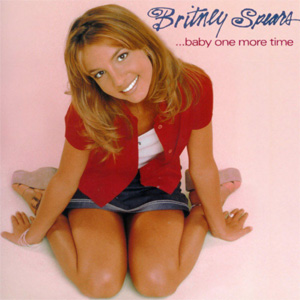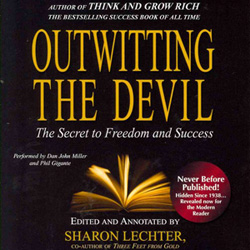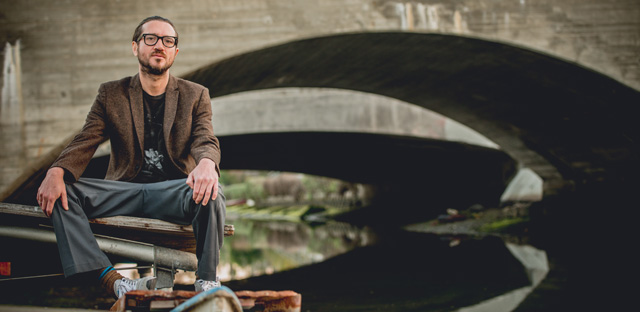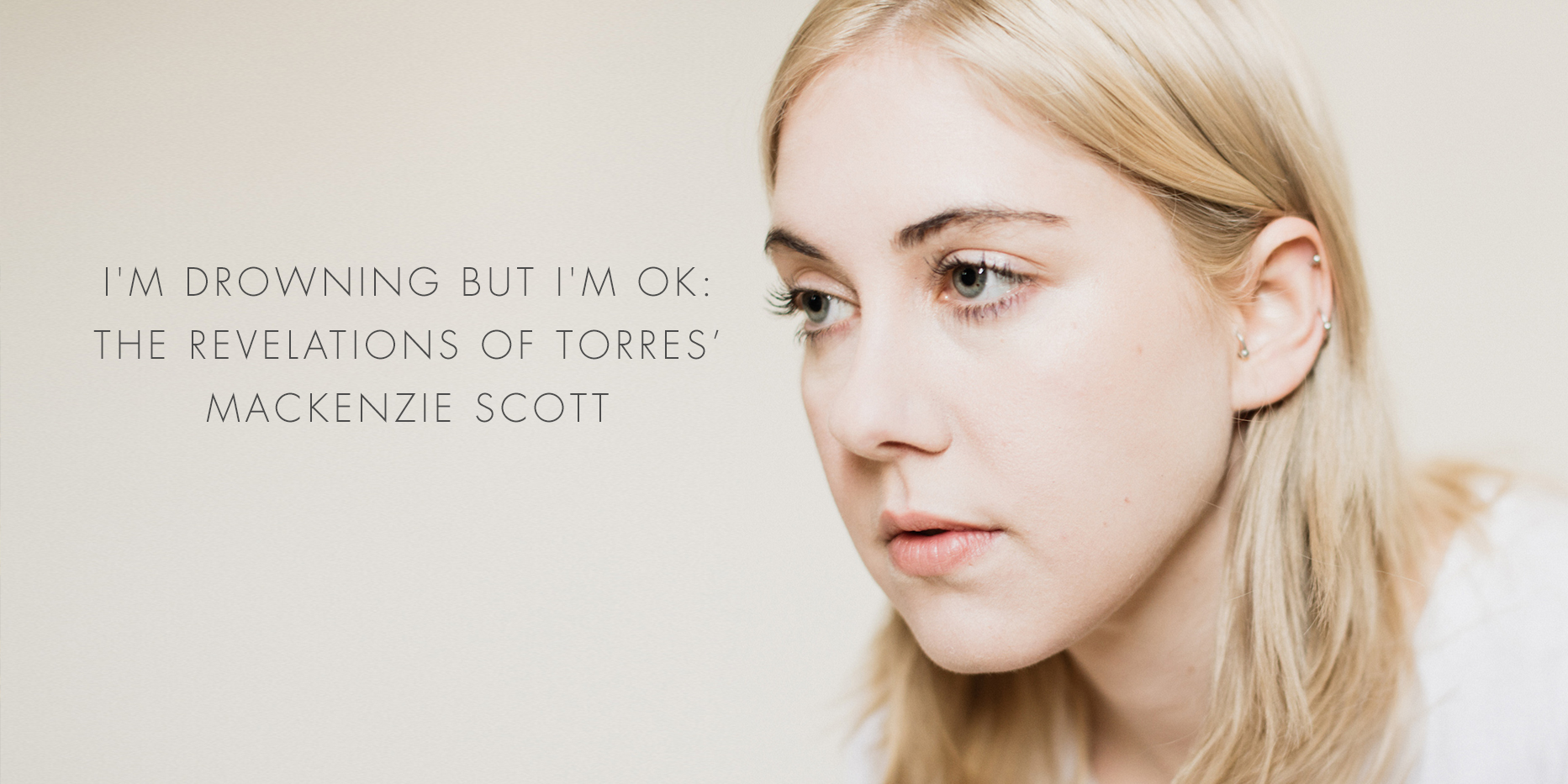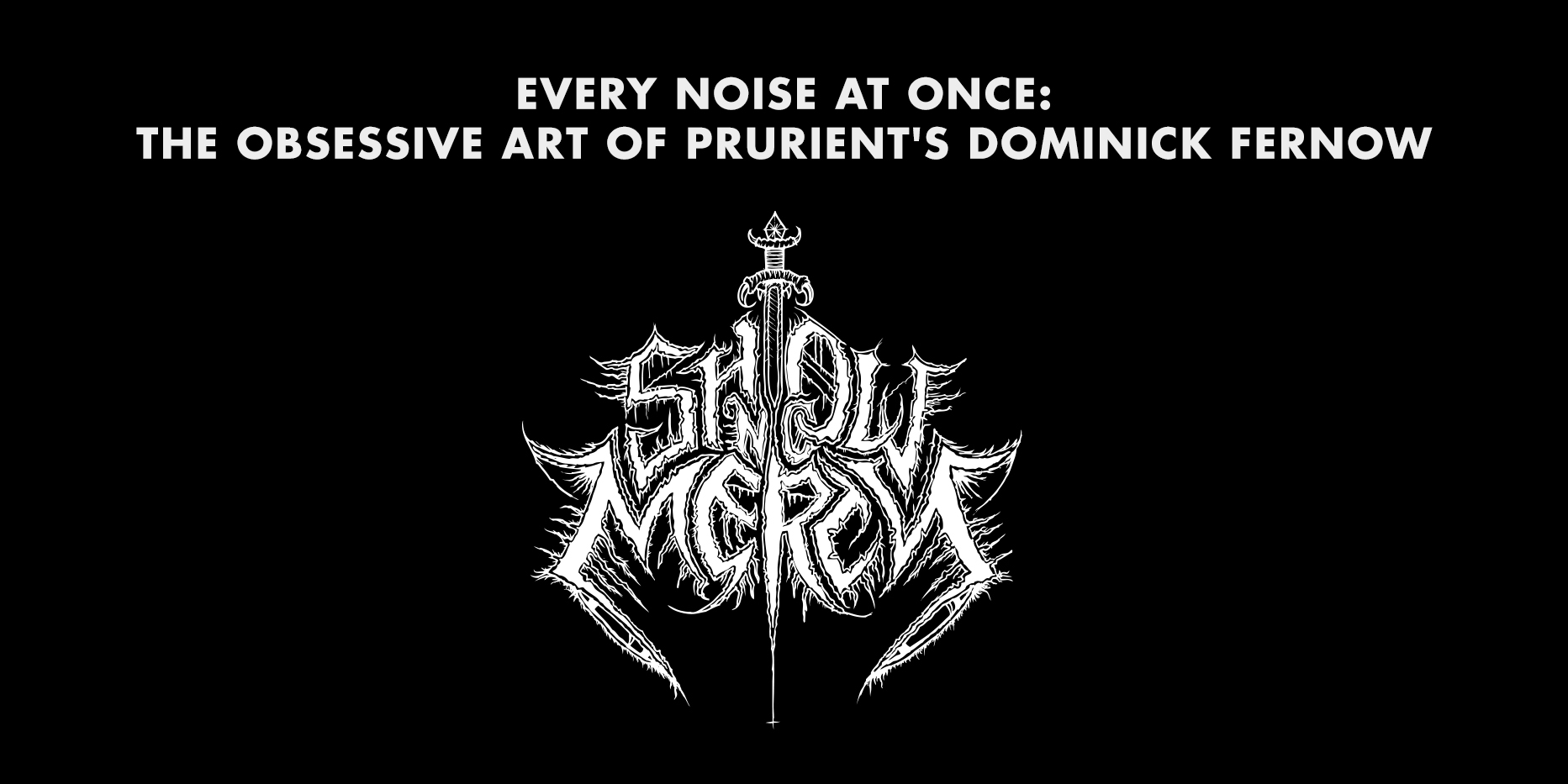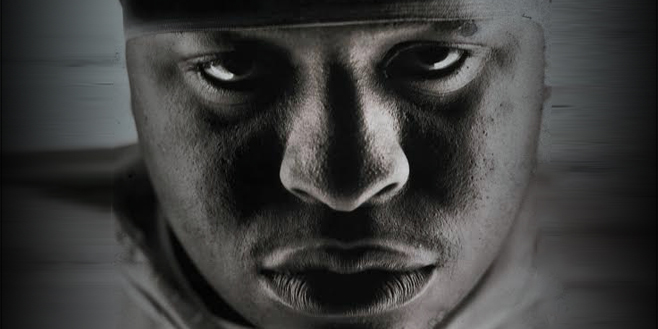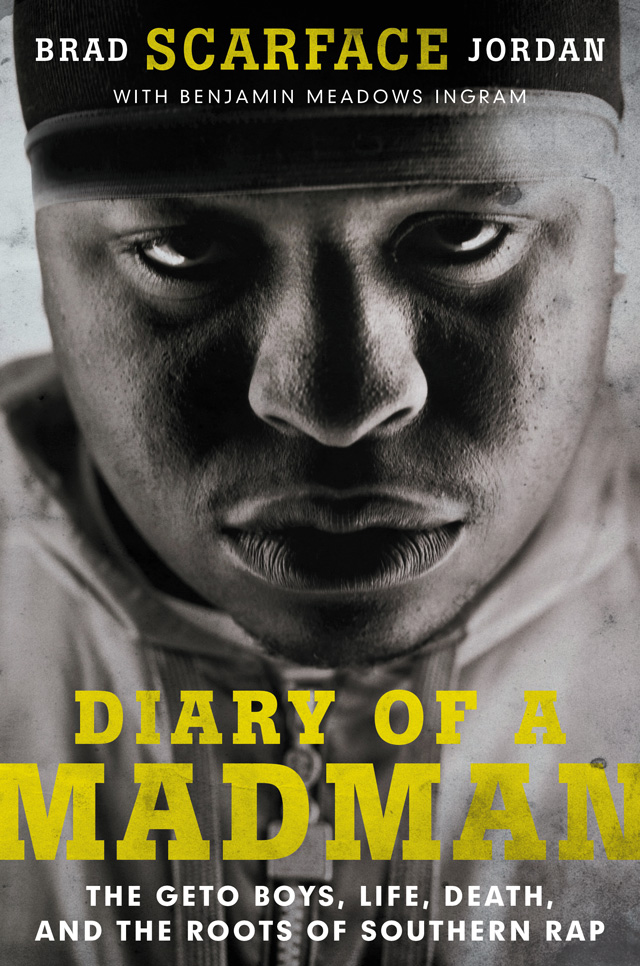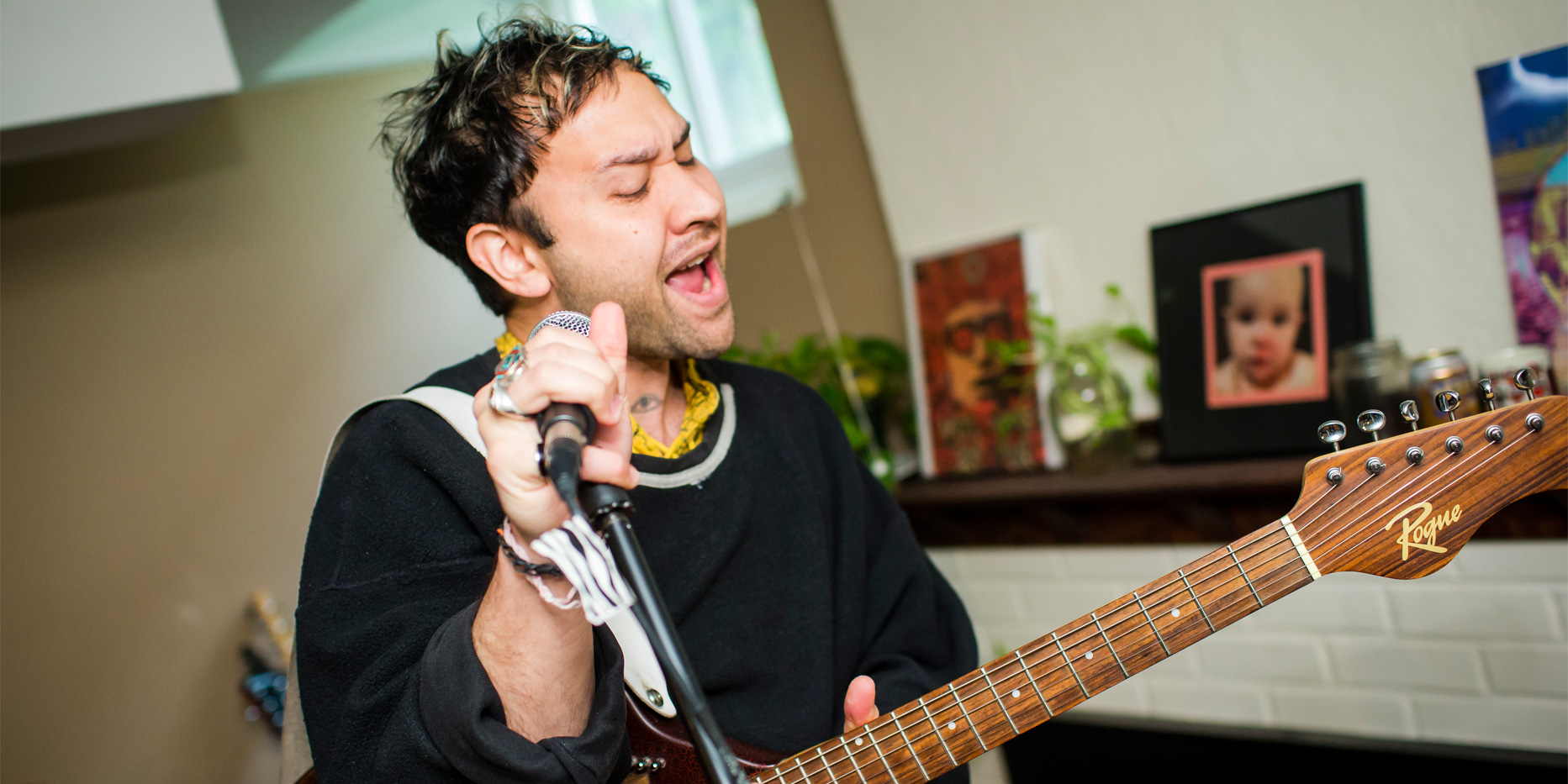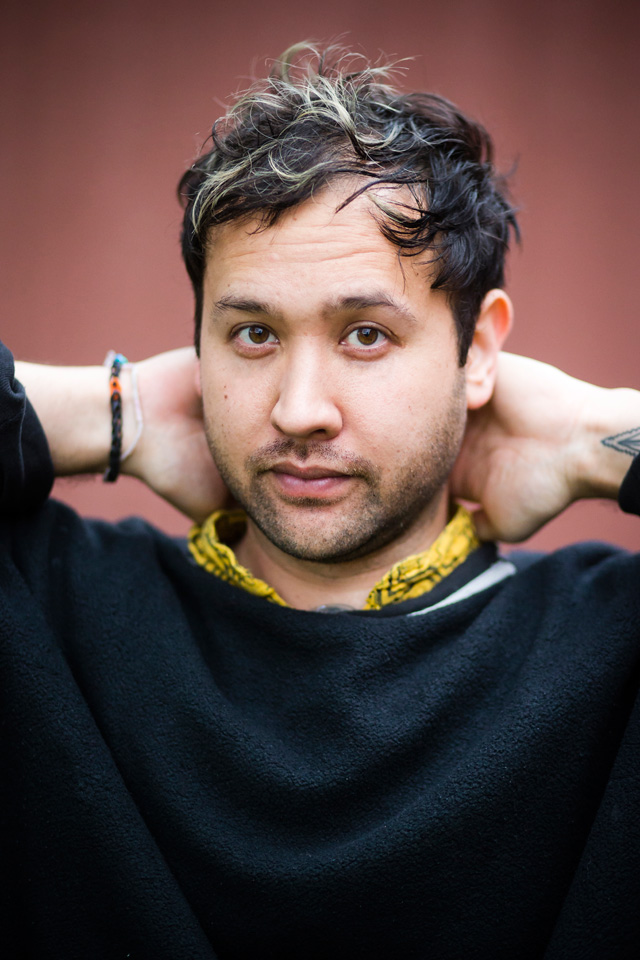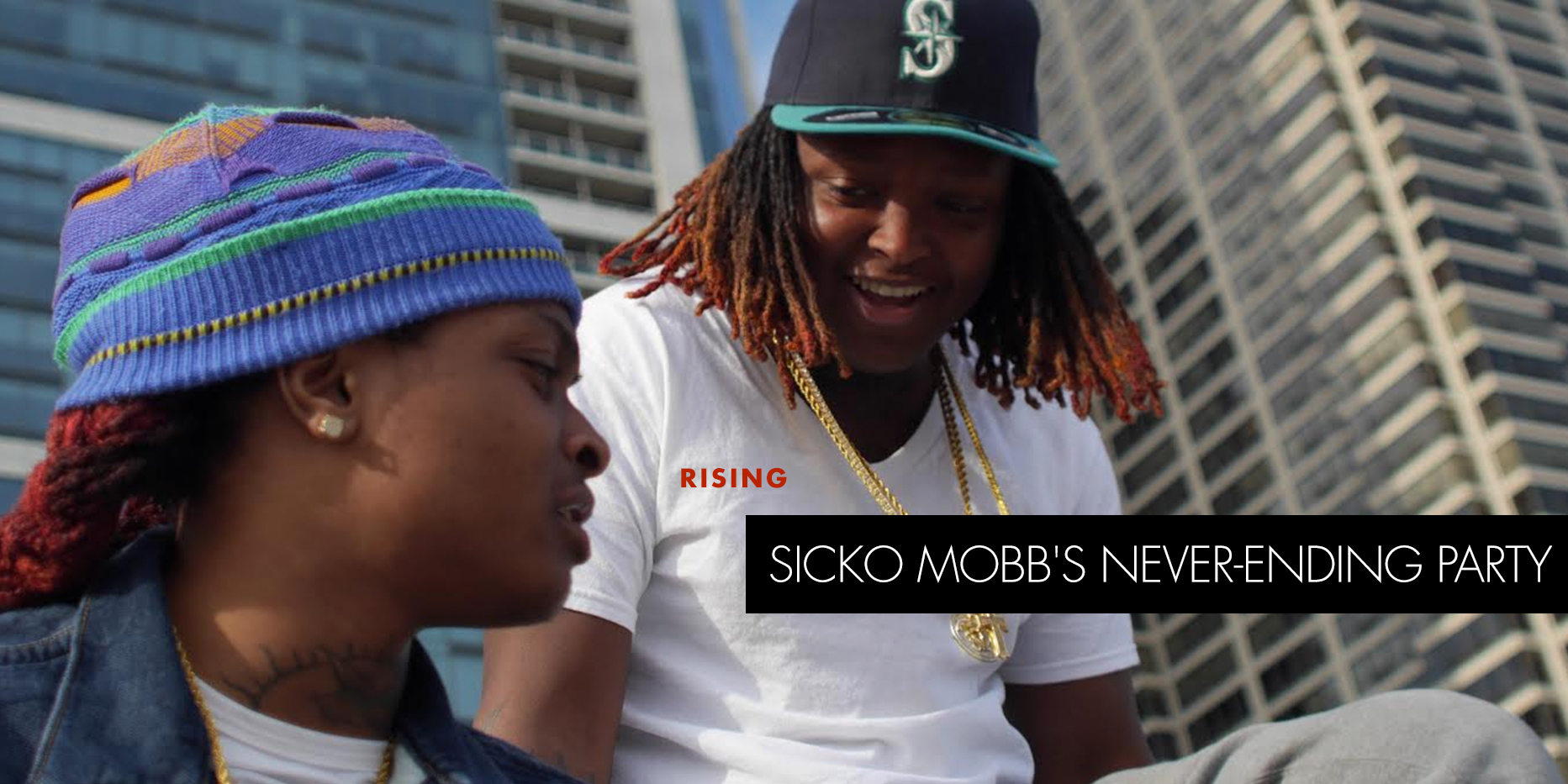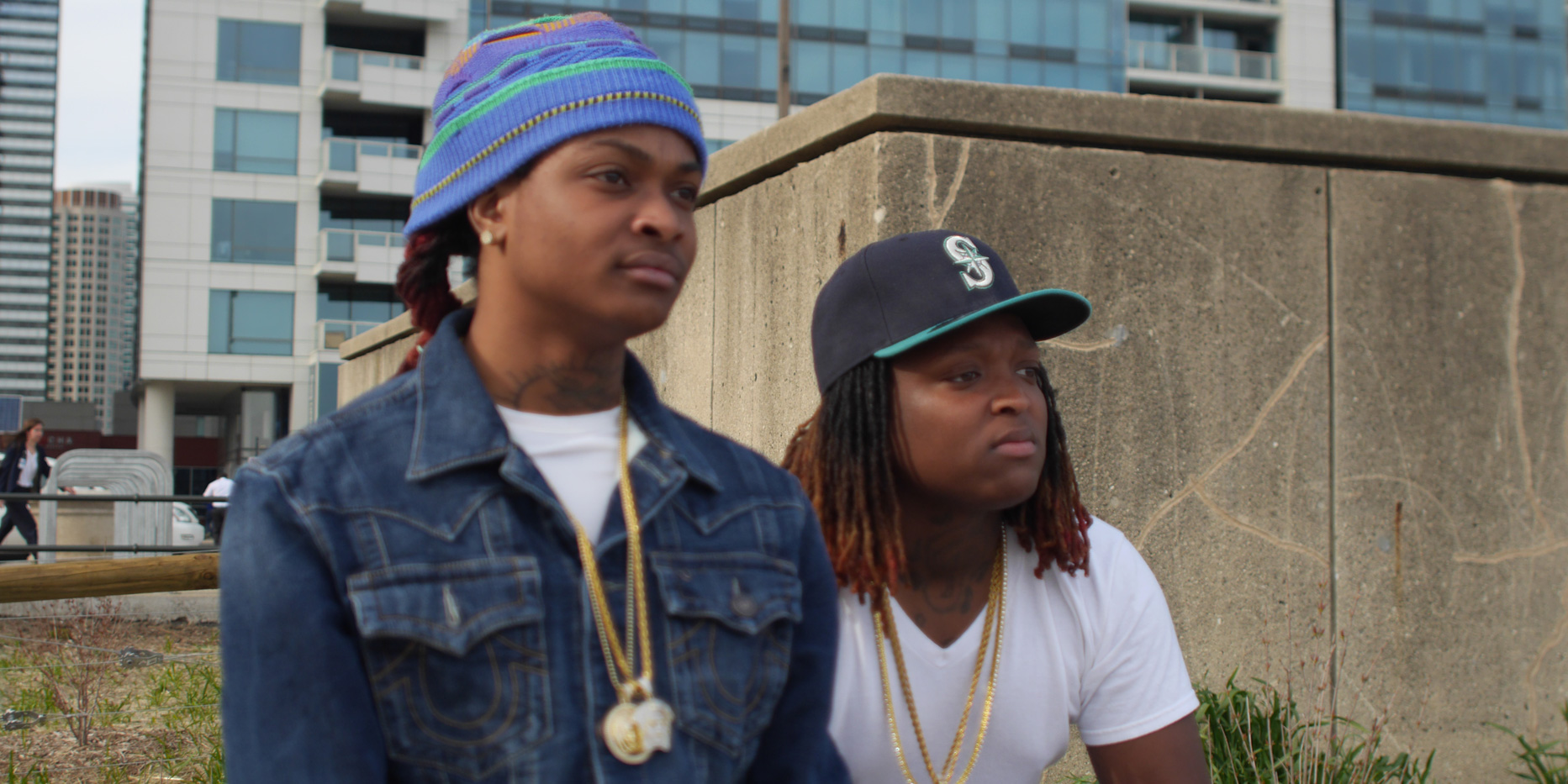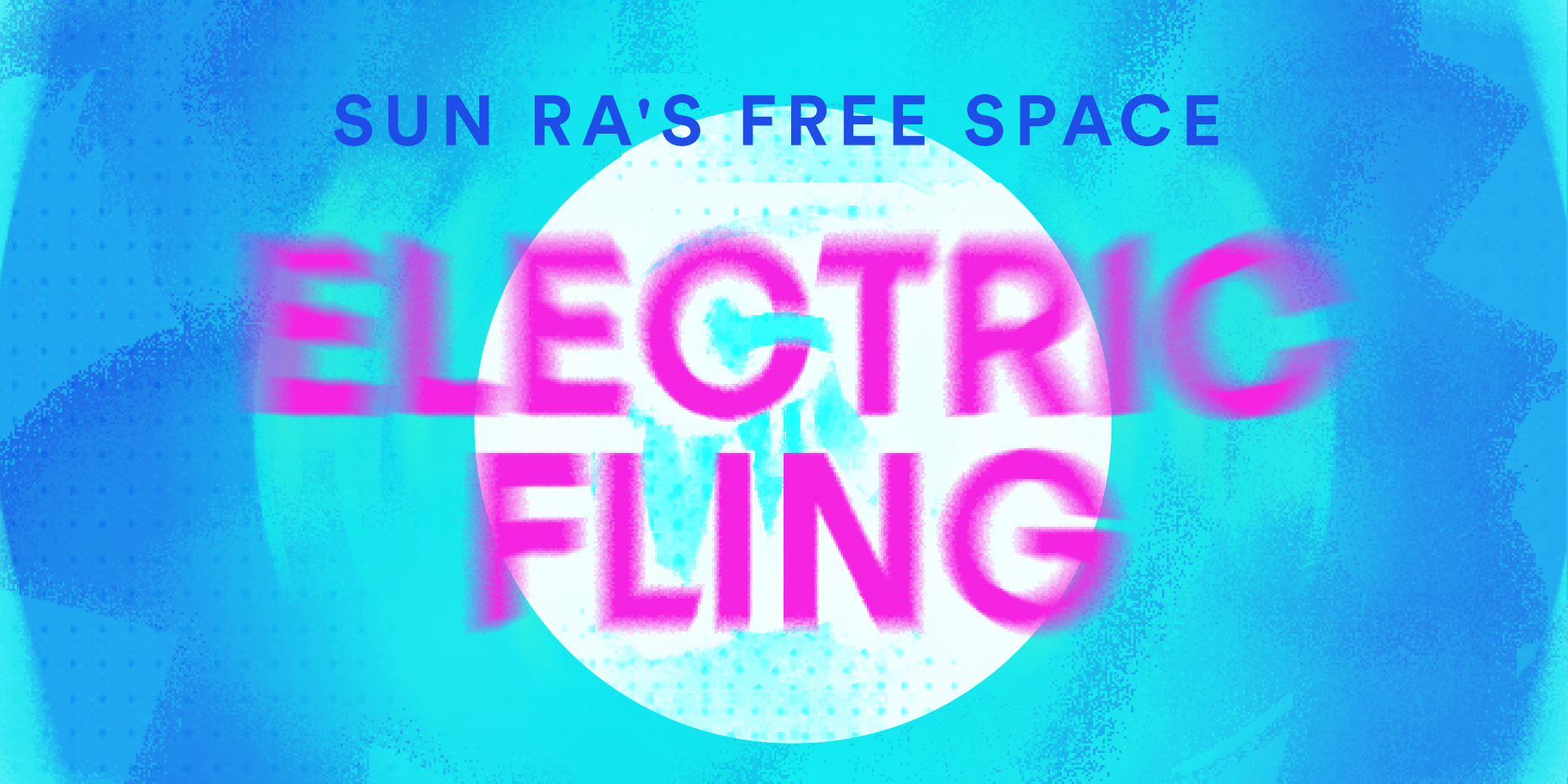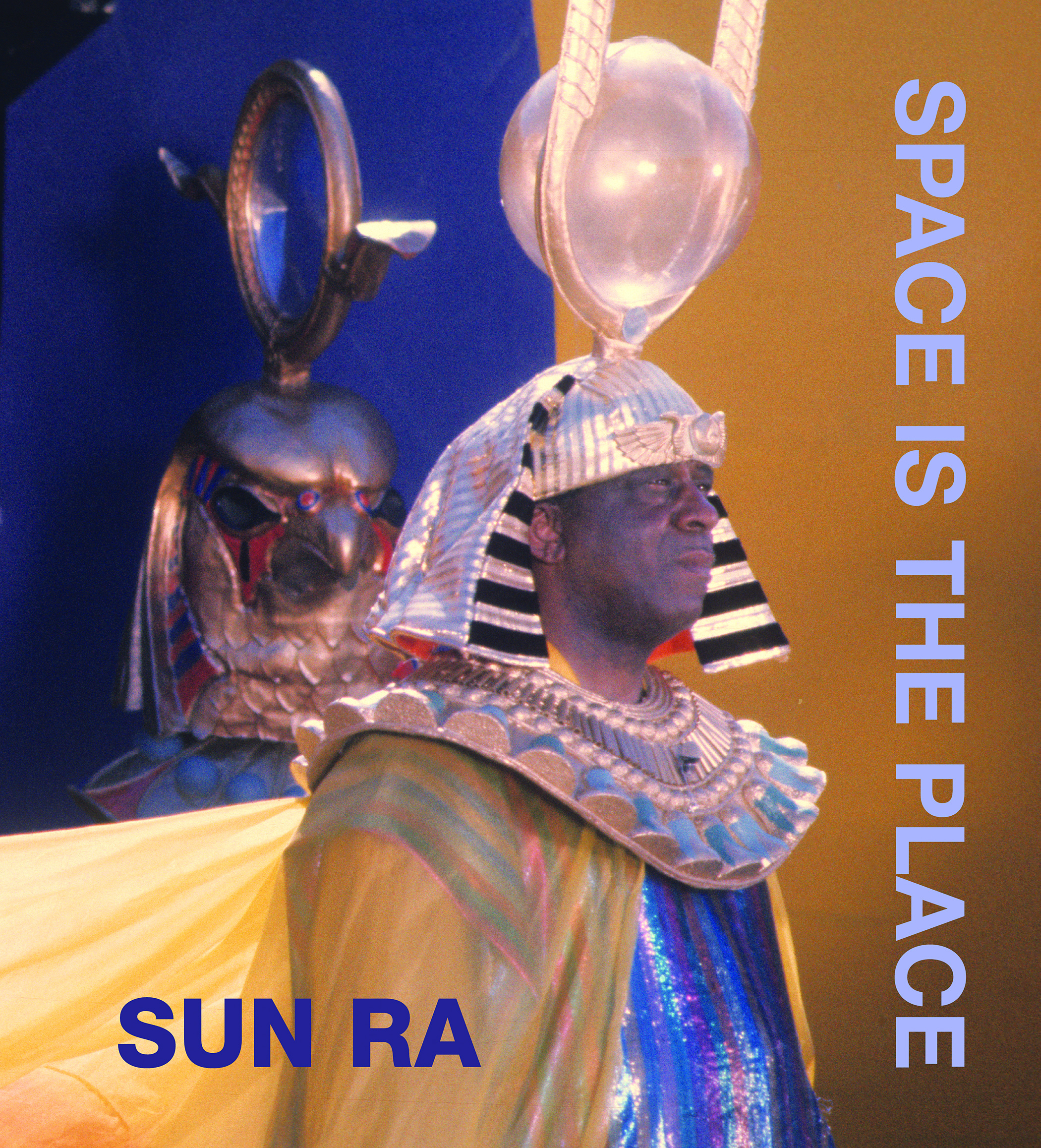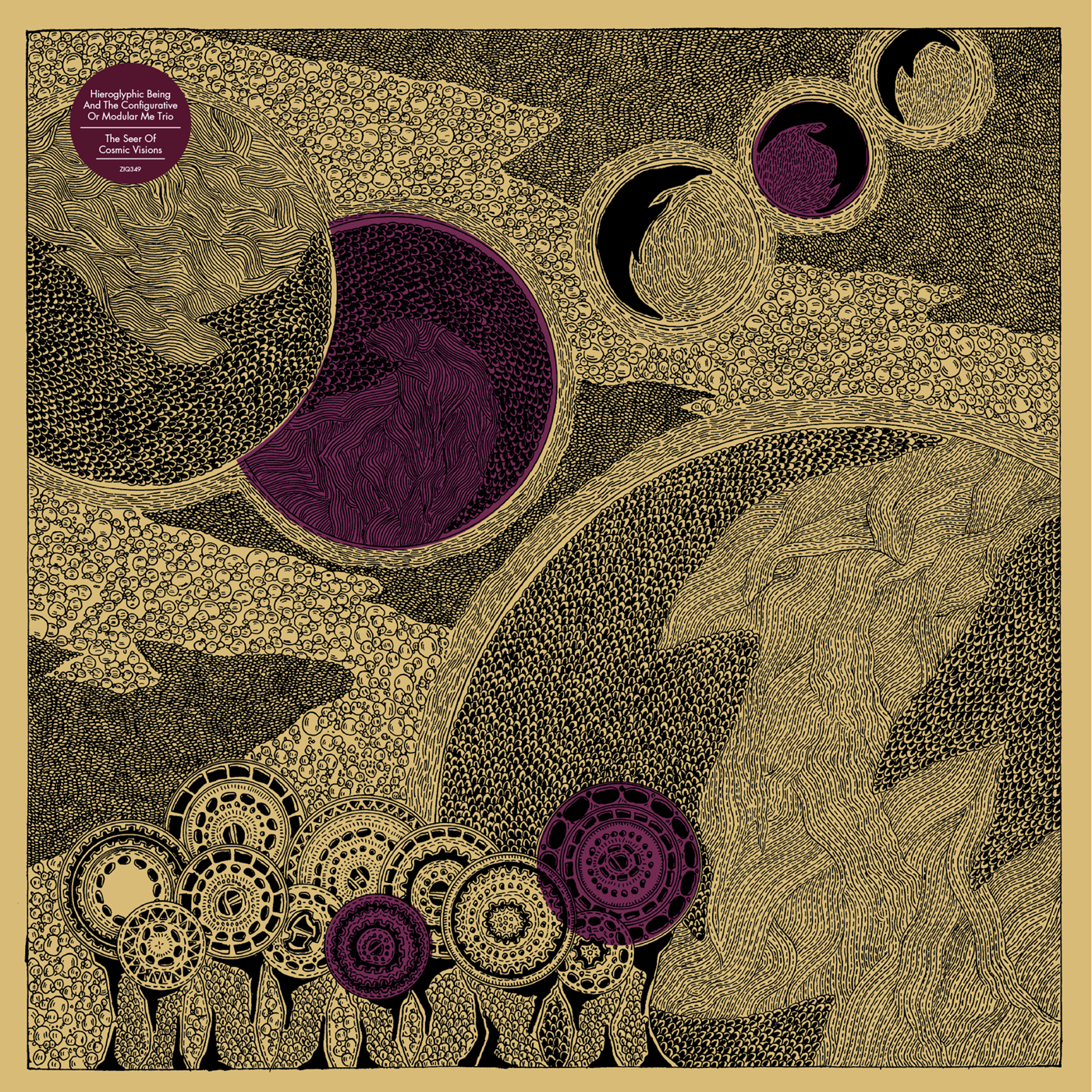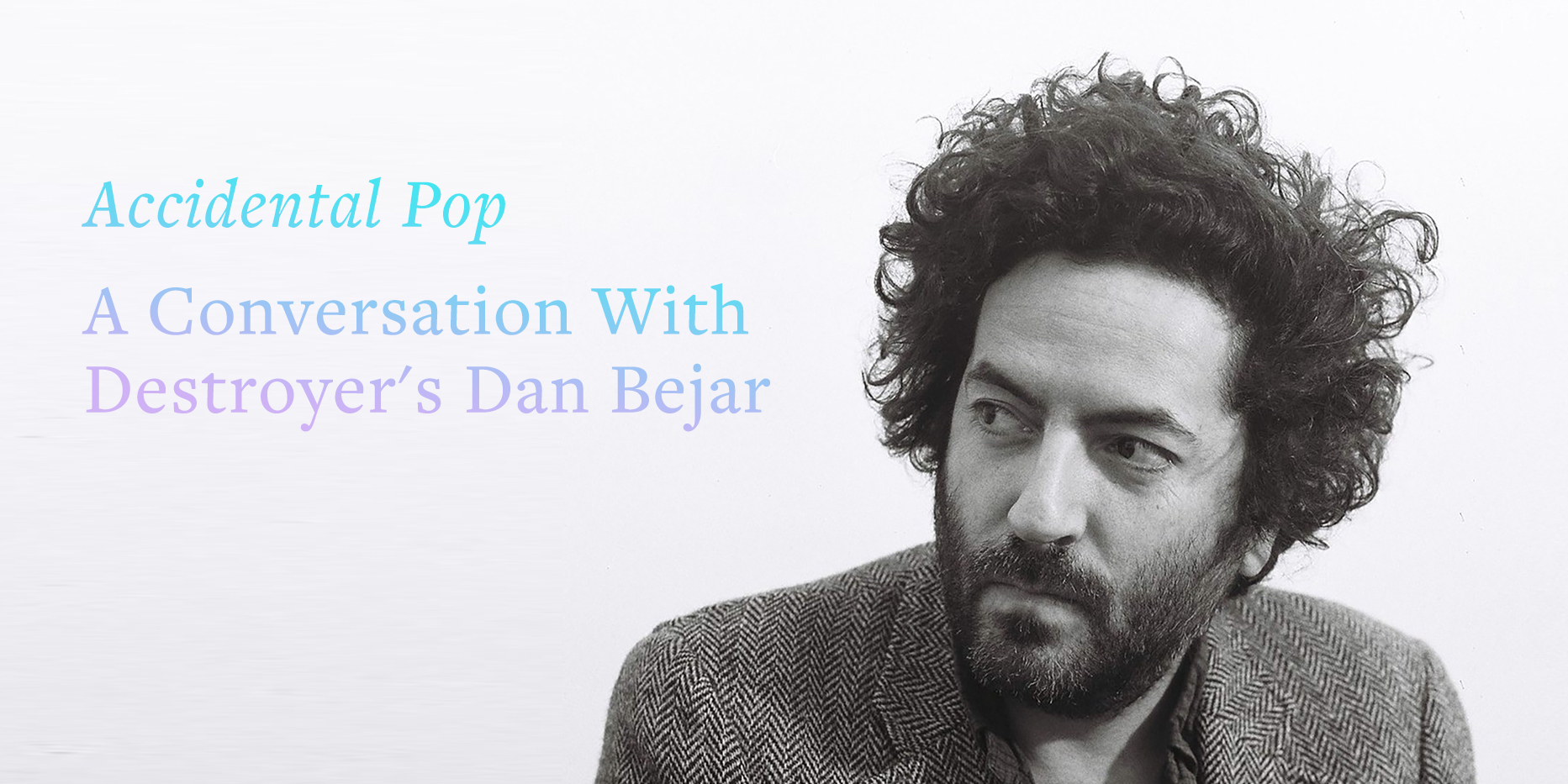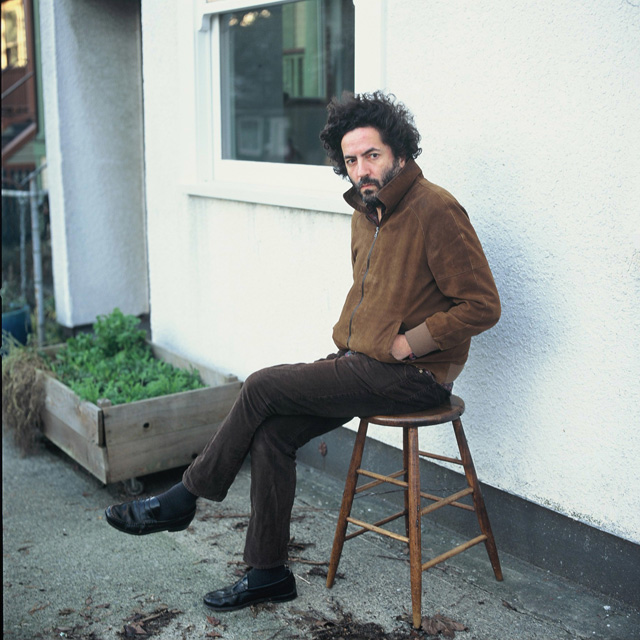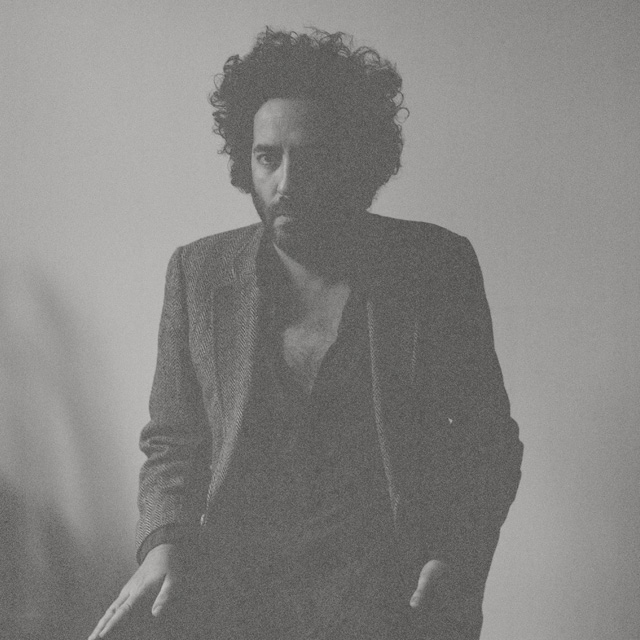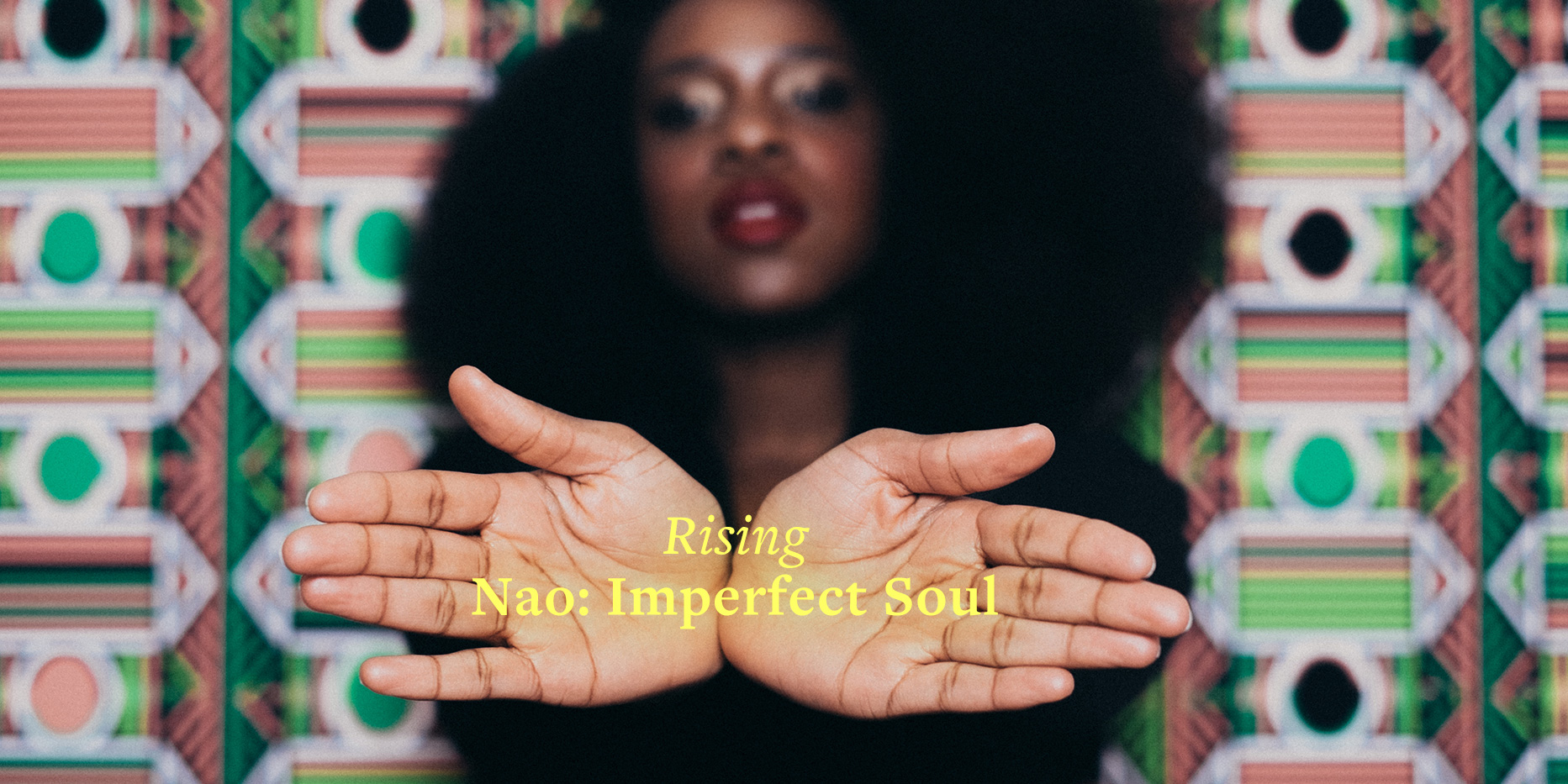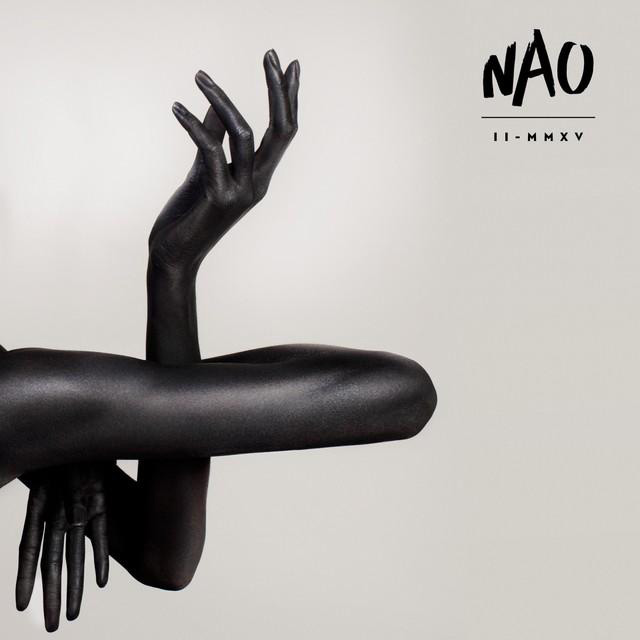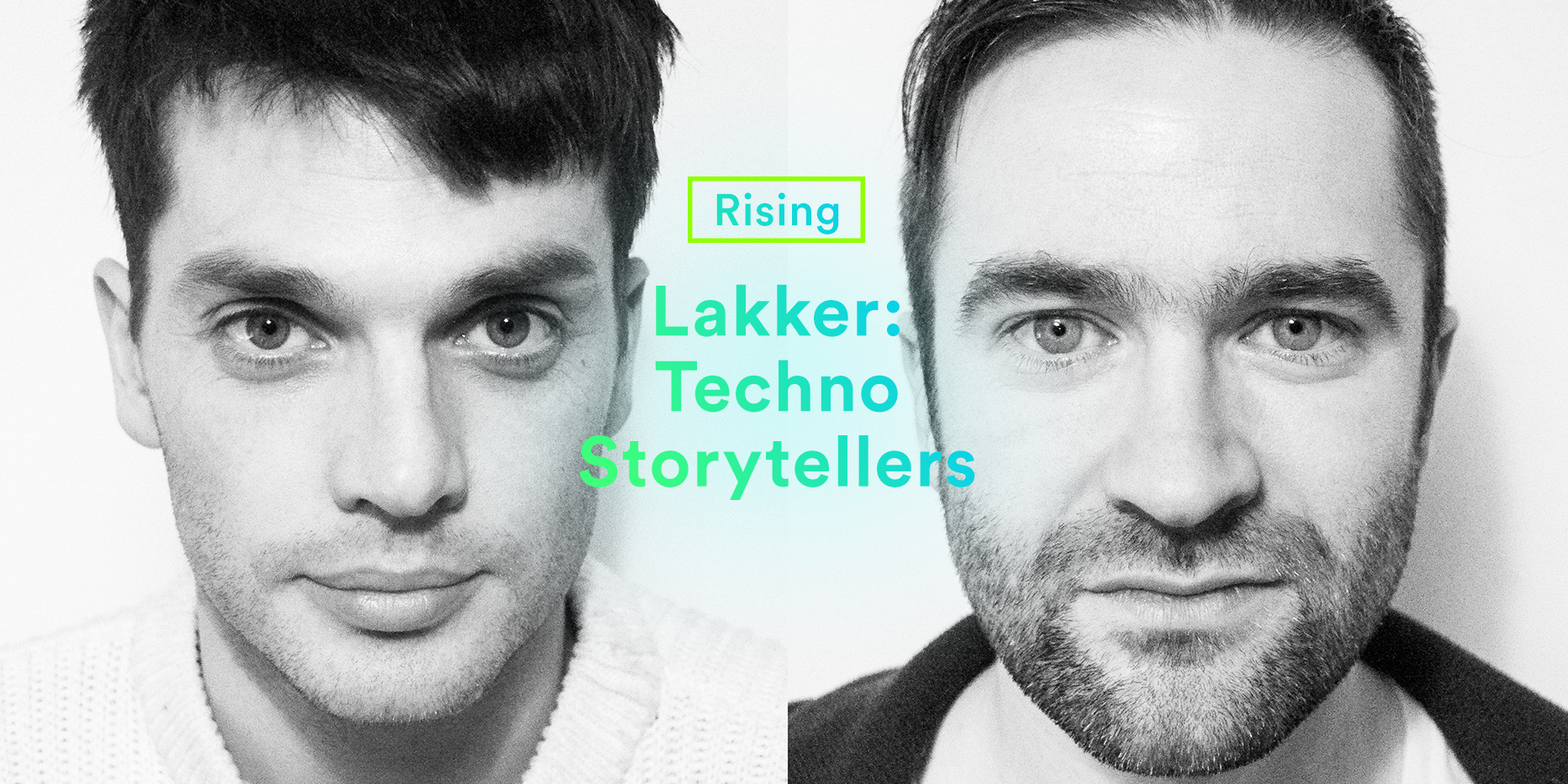
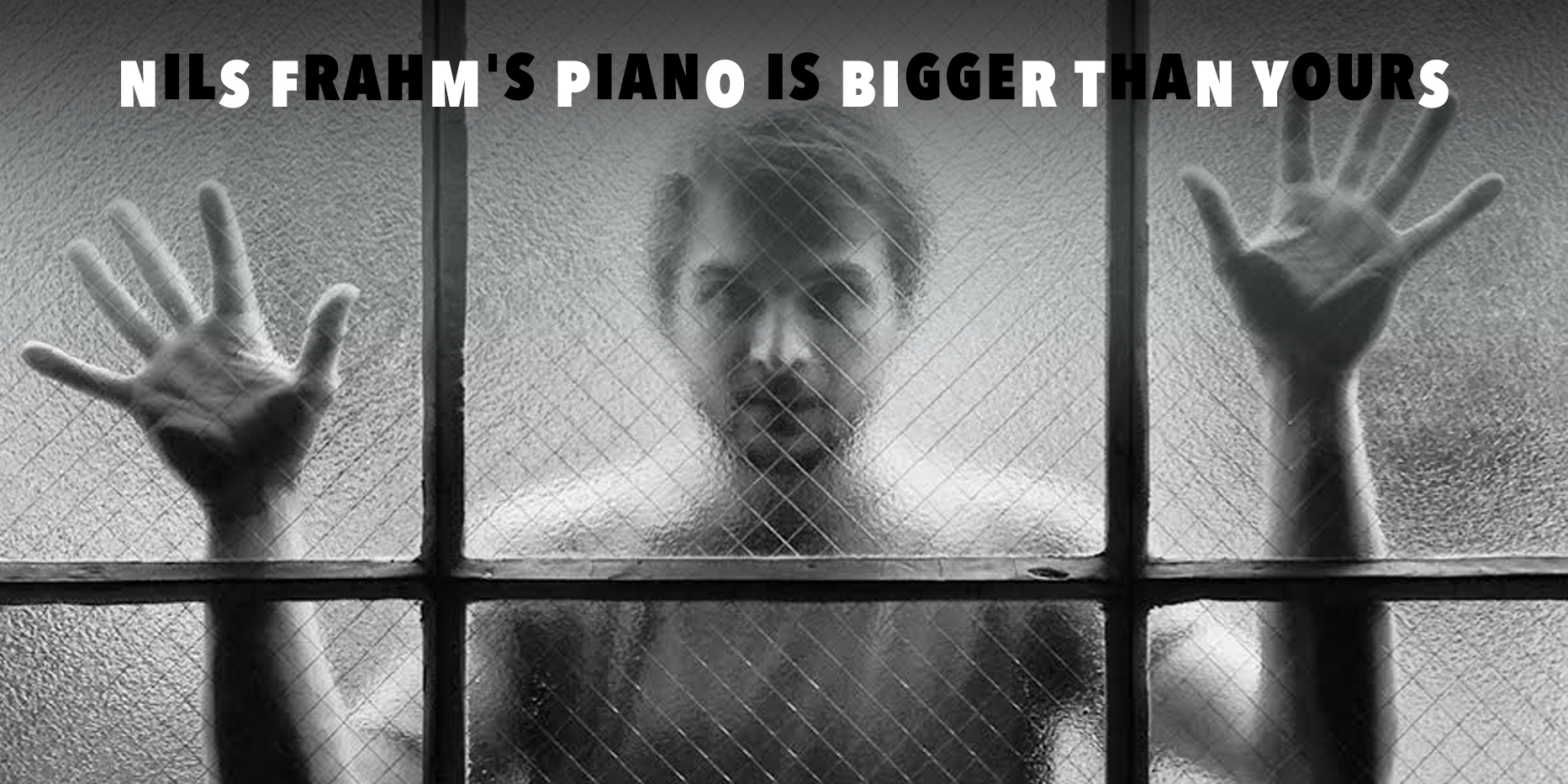
Nils Frahm: "Some" (via SoundCloud)
Pianist Nils Frahm’s latest album is called Solo, and while he indeed played all of it himself, the record is also a collaboration of sorts. Solo is the result of the 32-year-old German musician’s first meeting with instrument-maker David Klavins, who invited Frahm to play a 12-foot-tall upright piano he built in the late 1980s called the M370. Over the course of four days in January 2014, Frahm improvised on the massive instrument, recording nine hours of material that he later whittled down into a striking eight-song, 43-minute album. Speaking over the phone from his home in Berlin, Frahm calls it “the most inspiring piano recording session I’ve ever done.”
That experience led to further collaboration between the pair. After Frahm told Klavins about his idea for a lightweight piano—which “would sound like a guitar or a harp”—Klavins built him one, and called it the Una Corda. “This is how I started really truly believing in David,” Frahm says. “He’s not simply dreaming and talking, but doing things. So I said to him, ‘What is your biggest dream?’” Klavins described a fantasy 15-foot piano called the M450 (for which the M370 was a prototype).
Nils Frahm: "Wall" (via SoundCloud)
On March 29, a day Frahm declared to be “Piano Day”, he released Solo for free digitally, seeking donations to help build the M450 (some proceeds from sales of physical copies will be used as well). “I thought, ‘Now’s the chance to show the world how great even just the prototype sounds,’” he says. “And then we can dream about what the M450 would sound like.”
“Dream” is a word that Frahm uses often. Across his vast discography—which has grown to 11 solo records in a decade, alongside numerous collaborations—his music has taken on a dream-like quality, too. His patient, image-conjuring tones flirt with minimalism, but also use melodies and moods that are cinematic. Until recently, he shied away from actually making film music, wary of submitting his work to the whims of executives, but last year a project arrived that he couldn’t turn down: a German movie called Victoria, which was filmed in one continuous sequence. “It was fascinating to work on a movie with no edits,” he says. “The movie just flows and flows, so you have to keep the music flowing.”
Considering the busy stream of activity coming from Frahm lately, it’s not surprising that he was up to the task.
Pitchfork: Why did you call the album Solo?
Nils Frahm: It’s partly my way of being humorous, since all my records have been solo. But this is what I always wanted to do as a pianist, it’s the sound and atmosphere I wanted to get out of a piano. If I had to stop playing piano tomorrow, I would keep smiling because I achieved this. I wanted to call it Solo as a way to show I’m proud of it. It’s the most personal album I’ve made.
Nils Frahm: "Hammers" (via SoundCloud)
Pitchfork: Your music can often sound somber, but it seems humor is important to you.
NF: I would be doomed if I didn’t invent humor in my life. When I was young, I had all these punk and performance-art bands, dressed in costumes and painting the room and getting kicked out by police. Now when I perform I still feel the stage is more than just where you put your instruments. It’s where you can do whatever you feel like. Andy Kaufman is a big inspiration for me. The music works by itself, but you can change the perception of it by the way you dress, the way you move, the things you say, the things you don’t say. And when you realize that everything is staged, then nothing is staged. There’s a kind of liberation to that.
Pitchfork: Your music now is pretty far from punk. Is genre something you think about when making music?
NF: I don’t know where genre really comes from. I grew up with parents who were artists, and I was always interested in what music they were listening to and open to all kinds of genres. So it’s nice to see that whole families come to my concerts. I like having an element in my music that is inclusive rather than exclusive, without being pop for the sake of it. It’s not important to me how many people listen to it—it’s more wonderful that it brings people who wouldn’t usually meet into the same room.
“When you realize that everything is staged, then nothing is staged.”
Pitchfork: When David Klavins invited you to play his M370, did you consider writing songs for the session rather than improvising?
NF: It seemed wrong to write songs on a normal piano and bring them to an exceptional piano and think that they would work. I thought it would be a good challenge to be guided by the resonance of the previous note before I played the next one. But the notes sounded so wonderful that it felt weird to play the next note—because I was still enjoying the ambiance of the previous one. I thought I would need to play pretty loud and fast on an instrument this big, but the opposite was the case. The quieter and slower I played, the more the instrument’s qualities could shine through.
Pitchfork: Was it challenging to choose what to use on the album?
NF: I feel like my strong side is not being technically perfect at the piano, but at curating my own work. It’s not painful for me. I don’t feel sad when I have to leave things out, put them in the safe, and not have them in public. I realize many artists feel sad about this process, but for me that’s the most exciting part: By losing the weaker moments you make the strong moments stronger.
Nils Frahm: "Said and Done" (via SoundCloud)
Pitchfork: This summer, you will play a show at London’s Royal Albert Hall as part of the UK concert series the Proms, which has never before featured a non-classical artist in its over 100 years of existence. Is that exciting for you?
NF: It feels like a big challenge because it is a classical venue, and I don’t want to hurt anybody’s feelings. I certainly will do something that’s unusual for the context, and not everybody will love it, but I’m so grateful for the opportunity. It’s a big opportunity to win people over—and a big opportunity to fail. That’s exactly why it’s exciting.


